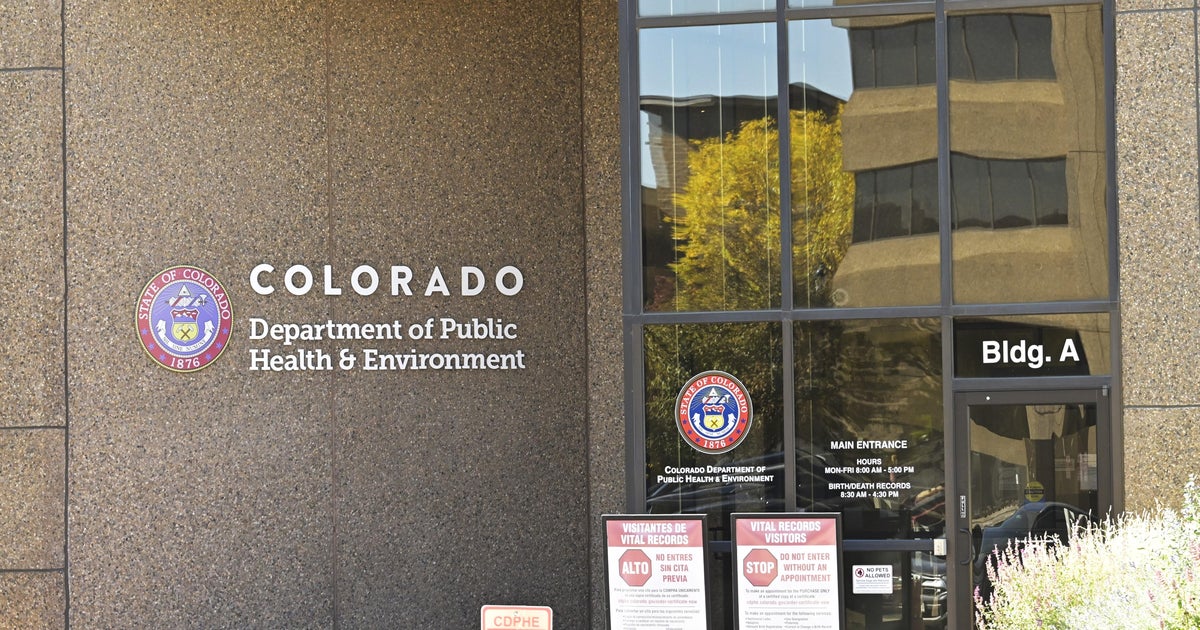Probe launched after E. coli kills 2 kids in Utah polygamous community
SALT LAKE CITY -- Utah health authorities were investigating what triggered an E. coli outbreak in a mostly-polygamous community on the Utah-Arizona border after the bacteria killed two children and sickened four others.
Early indications suggest the E. coli may be linked to contaminated food or exposure to animals - not the town of Hildale's water supply, said David Heaton, spokesman for the Southwest Utah Public Health Department. He said it appears isolated to one neighborhood.
Officials believe the illness may have come from animal exposure or food poisoning, but the health department is also looking at the water supply, Heaton told CBS Salt Lake City station KUTV. Their biggest concern is to make sure the E. coli doesn't spread, he said.
Heaton said he can't releases the names or ages of the deceased children, or say if they are related, due to privacy concerns.
He said they died in the past two weeks after getting hemolytic uremic syndrome, also known as HUS, which causes kidney damage.
E. coli is a bacteria that can cause diarrheal illness, said Dr. David Blodgett, a Southwest Utah Public Health Department health officer. Certain types of E. coli are more concerning than others.
"Some of the cases in this outbreak have been identified as the O157:H7 strain, characterized by bloody diarrhea and serious complications. Our thoughts and sympathies are with the families who have been affected," Blodgett said.
About 5 to 10 percent of people diagnosed with E. coli O157 infection develop a potentially life-threatening complication that can lead to kidney failure, according to the U.S. Centers for Disease Control and Prevention.
Utah Department of Health spokeswoman Jenny Johnson said deaths from E.coli are pretty rare with an average of only one person a year dying from the illness in Utah, a state of about 3 million people.
There are 80 to 100 cases per year in Utah of a strain of E.coli that have a toxin called Shiga that makes people sick, Johnson said.
The sister towns of Hildale, Utah and Colorado City, Arizona, are home to a polygamous group known as the Fundamentalist Church of Jesus Christ of Latter-Day Saints. It is a radical offshoot of mainstream Mormonism, which disavowed polygamy more than 100 years ago.
Disease-causing strains of E. coli are typically found in human and animal waste.
Symptoms of illnesses include stomach cramps, diarrhea, vomiting, and fever. They can appear between one and 10 days after exposure and will often go away within five to seven days. People of any age can become sick from E. coli, but children younger than 5 years of age and older adults are more at risk for serious complications, as well as pregnant women, newborns and people with chronic illnesses such as diabetes, cancer and HIV. That said, even healthy children and adults of any age can become seriously ill, according to the CDC.
Cooking food thoroughly, keeping raw and cooked foods separate in the kitchen and while grilling, and cleaning hands and surfaces often can help prevent E. coli-caused illness, the CDC says. Avoiding raw milk, unpasteurized dairy and juices, and not swallowing water when swimming in lakes, ponds and pools can reduce infection chances, too.



